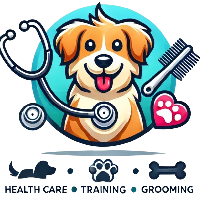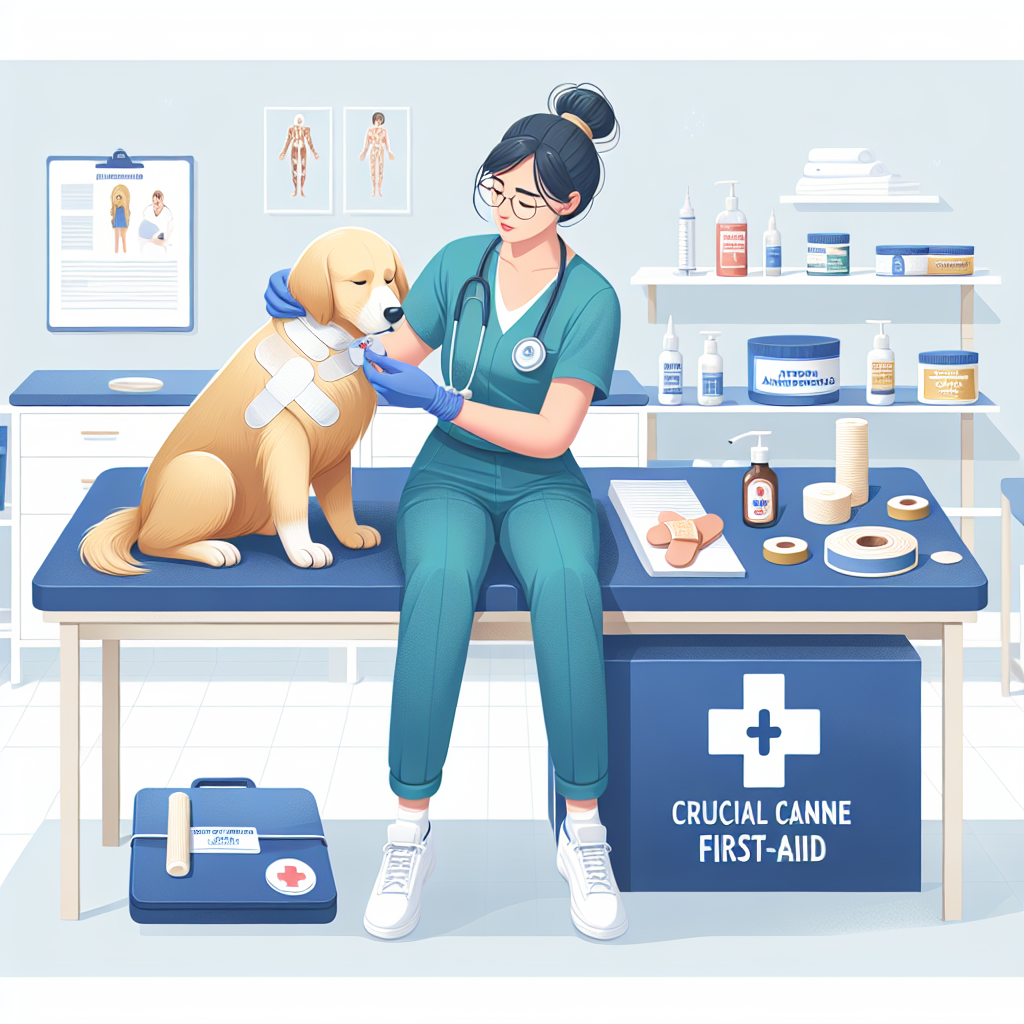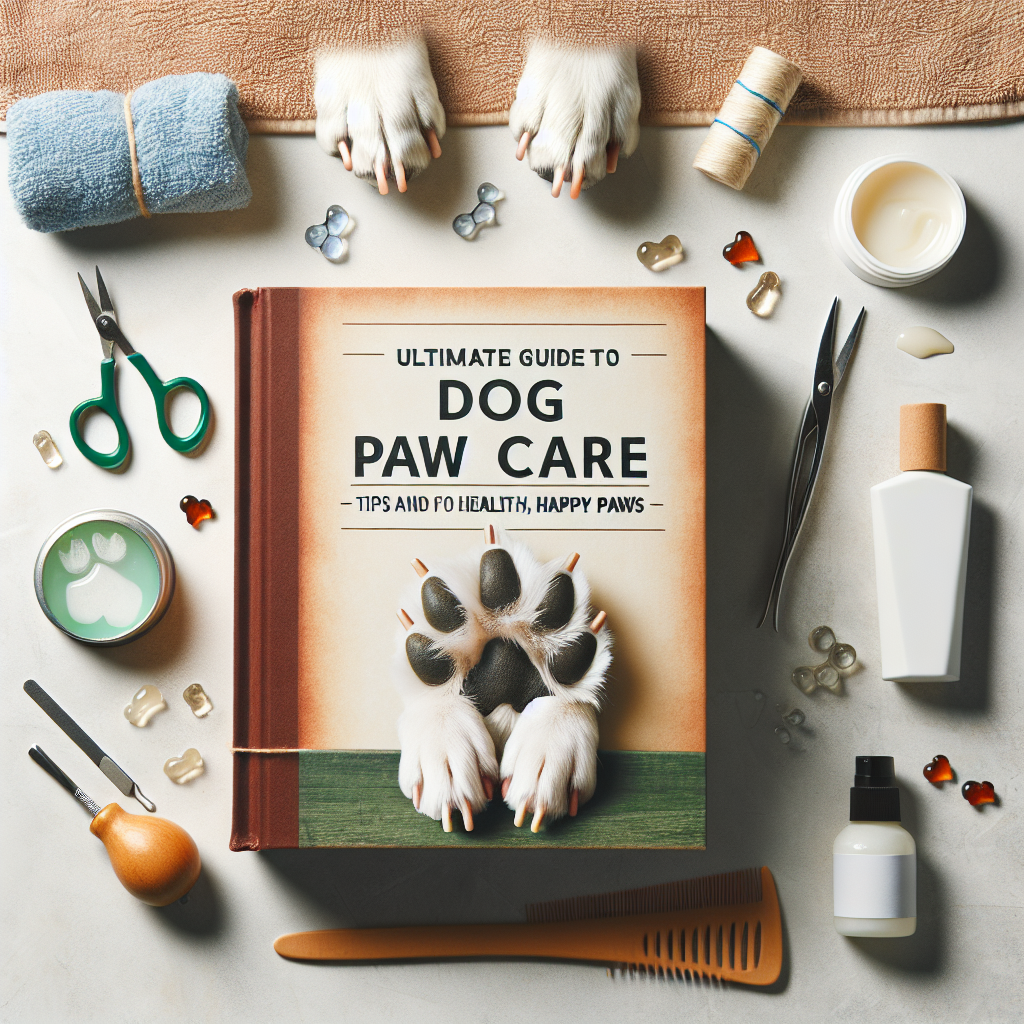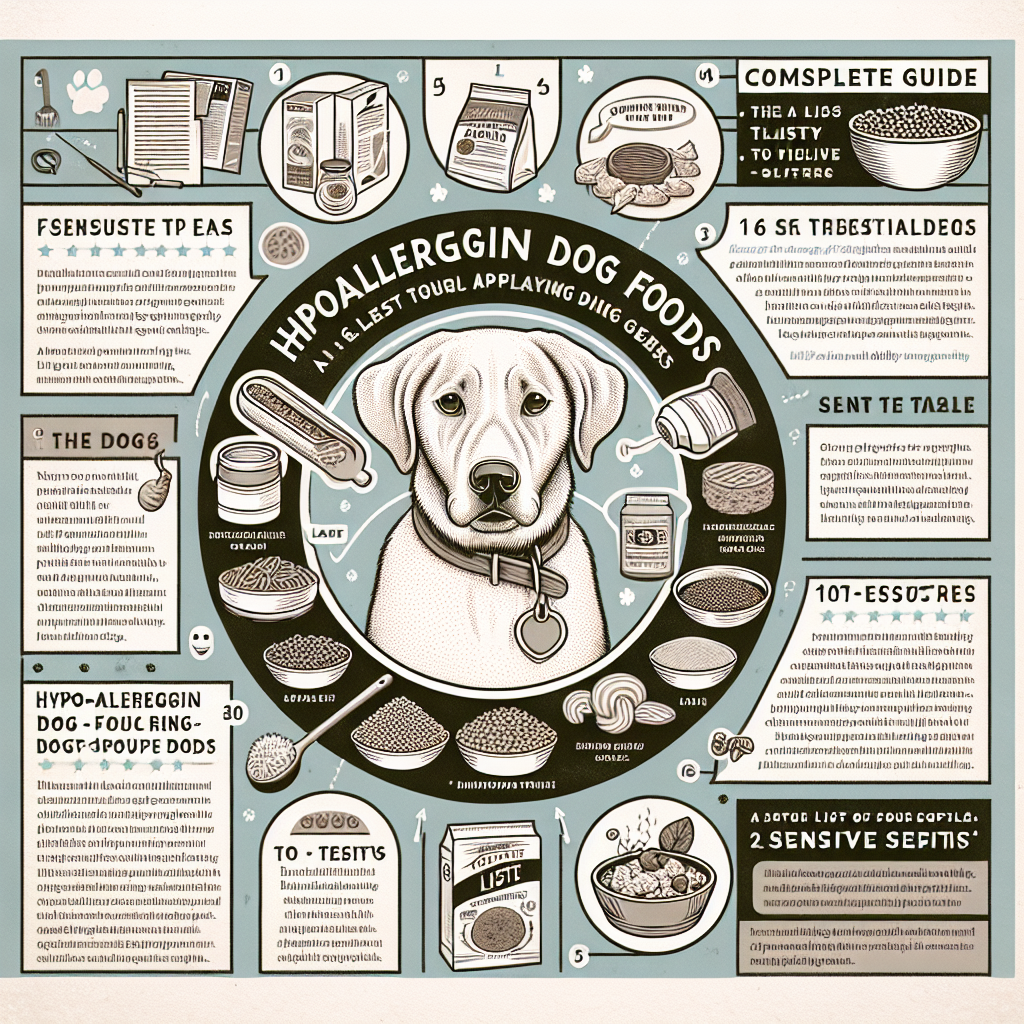
Every dog owner knows the immeasurable joy that a furry friend brings into their lives. These loyal companions become cherished family members, and just like any family member, their well-being is of utmost importance. Ensuring your dog remains happy and healthy involves a detailed understanding of their needs and a commitment to comprehensive care. In this article, we will delve into essential dog health care tips to help you maintain your beloved pet’s best health.
Table of Contents
- Understanding Basic Dog Health
- Nutrition and Diet
- Exercise and Physical Health
- Grooming and Hygiene
- Regular Health Check-ups
- Parasite Prevention and Control
- Behavioral and Emotional Health
- Emergency Care and First Aid
- Conclusion
Understanding Basic Dog Health
Dogs, like humans, require extensive care and attention to thrive. Understanding the basics of canine health allows you to address their needs effectively and quickly identify any potential health issues. Dogs communicate their well-being through their behavior, appearance, and physical condition.
Nutrition and Diet
Choosing the Right Dog Food
An essential component of dog health care is a balanced diet. Dogs require nutrients that include proteins, fats, carbohydrates, vitamins, and minerals. With countless options available, selecting the correct dog food can be overwhelming. Here’s what you should consider:
- Age: Puppies, adults, and senior dogs have different nutritional needs.
- Size: Small, medium, and large breeds often require varying caloric intakes and vitamin levels.
- Health conditions: Dogs with allergies, diabetes, or kidney issues may need specialized food.
Feeding Schedule
Establishing a regular feeding schedule can aid in digestion and maintain your dog’s energy levels throughout the day. Puppies often need three to four small meals daily, while adult dogs usually do well with two meals.
Avoiding Toxic Foods
Certain human foods are toxic to dogs, including chocolate, grapes, onions, garlic, and certain artificial sweeteners like xylitol. Always be cautious about what your pet consumes and keep toxic foods out of their reach.
Exercise and Physical Health
Daily Exercise Requirements
Dogs need regular exercise to maintain their physical health and mental well-being. The exercise needs of a dog depend on its breed, age, and health. For instance:
- High-energy breeds such as Border Collies or Labrador Retrievers may need 1-2 hours of intense exercise daily.
- Older or less active dogs might be content with shorter, leisurely walks.
Mental Stimulation
Mental exercise is just as important as physical exercise. Activities such as puzzle toys, obedience training, and interactive games keep your dog’s mind sharp and engaged.
Grooming and Hygiene
Bathing
Regular bathing helps keep your dog’s skin and coat healthy. The frequency of baths depends on your dog’s breed and lifestyle:
- Dogs with oily coats, like Basset Hounds, may need a bath every week.
- Dogs with dry or sensitive skin should be bathed less frequently, perhaps once every 4-6 weeks.
Brushing and Coat Care
Regular brushing is essential, especially for long-haired breeds, to prevent matting and remove loose hairs. Brushing also distributes natural oils throughout the coat, promoting a healthy shine.
Nail Trimming
Nail health is often overlooked, but long nails can cause pain or injury to your dog. Regular trimming every 3-4 weeks helps to prevent these issues.
Regular Health Check-ups
Veterinary Visits
Routine vet visits are critical for monitoring your dog’s health. Annual or bi-annual check-ups can catch potential issues early. Regular vet visits typically include:
- Physical exams
- Blood tests
- Dental checks
Vaccinations
Vaccinations protect your dog from life-threatening diseases such as rabies, parvovirus, and distemper. Follow your veterinarian’s advice on vaccination schedules.
Parasite Prevention and Control
Parasites like fleas, ticks, and worms can wreak havoc on your dog’s health. Monthly preventive treatments and regular checks are essential to keep these pests at bay. Consult with your vet to determine the best prevention plan for your dog.
Behavioral and Emotional Health
Socialization
Early socialization helps your dog become well-adjusted and confident. Expose your puppy to different environments, people, and other animals to build a positive experience.
Training
Effective training strengthens the bond between you and your dog. Positive reinforcement methods are recommended to teach commands, correct unwanted behaviors, and ensure your dog’s safety.
Understanding Your Dog’s Behavior
Recognizing signs of stress or discomfort can greatly improve your dog’s quality of life. Common signs include excessive barking, destructive chewing, or changes in appetite. Addressing these behaviors promptly can prevent escalation.
Emergency Care and First Aid
Recognizing Signs of Illness
Knowing what symptoms to look out for can be life-saving. Common signs of illness in dogs include:
- Lethargy
- Vomiting/diarrhea
- Unusual panting or breathing difficulties
- Drastic weight gain or loss
First Aid Kit Essentials
Having a well-stocked first aid kit can be invaluable in emergencies. Essential items include:
- Bandages
- Antiseptic wipes
- Tweezers (for tick removal)
- Emergency contact numbers (vet, poison control)
Conclusion
Caring for a dog is a rewarding experience, but it comes with significant responsibilities. Following these essential health care tips will ensure that your furry friend remains happy and healthy. Regular vet visits, a balanced diet, sufficient exercise, grooming, and a loving home environment are the pillars of excellent dog care. By understanding and attending to your pet’s needs, you contribute to their overall well-being, resulting in a joyful and mutually enriching companionship.
Your dedication to your dog’s health is not only an investment in their future but also a testament to the unconditional love and boundless joy they bring into your life.
#ChatGPT assisted in the creation of this article.





